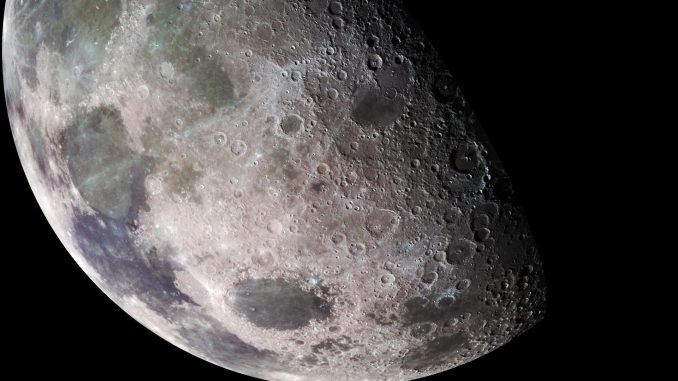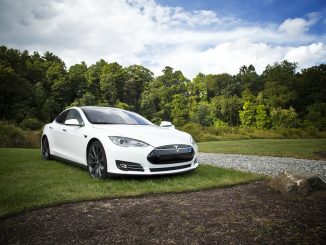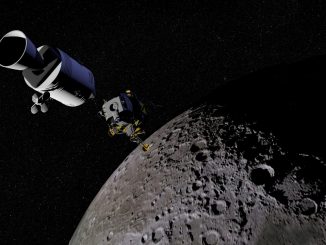
Phil and Stephen review the legacy of the first moon landing. We’re now as far in time from the moon landing as that event was from the end of World War I.
What does it mean to live in a world where the moon landing is (practically) ancient history?
Why is the moon landing still important?
Writing for the L.A. Times, Ayn Rand had the following to say about Apollo 11:
That we had seen a demonstration of man at his best, no one could doubt — this was the cause of the event’s attraction and of the stunned, numbed state in which it left us. And no one could doubt that we had seen an achievement of man in his capacity as a rational being — an achievement of reason, of logic, of mathematics, of total dedication to the absolutism of reality. How many people would connect these two facts, I do not know.
Did landing on the moon bring us into another reality?
Now we live in an era of do-it-yourself reality. But what limitations come with our new realities? It seems unlikely that anti-vaxxers, Mandela Effect enthusiasts, flat earthers or (of course) moon landing deniers could ever get us to the moon. Its accomplishment belongs to people who were willing to take on a reality that existed somewhere besides just in their heads.
If and when we go back to the moon, let’s hope that it is part of a more sustainable approach to exploring and settling space than the (brilliant) self-contained design of Apollo. Another interesting snippet from Rand:
It is said that without the “unlimited” resources of the government, such an enormous project would not have been undertaken. No, it would not have been — at this time. But it would have been when the economy was ready for it.
Is the economy ready now? We’ve explored how datafication means that nation states, then corporations are now doing things that once only the super-powers could do. (In the same way that individuals can do many things that once only large organizations could do.) Which leads us to this headline:
Elon Musk comments:
“It may literally be easier to just land Starship on the moon than try to convince NASA that we can.”
The SLS isn’t even scheduled to fly until 2021. Musk says he could have us on the moon in that period of time. Even if he’s blowing smoke, who would bet that NASA on its own could get their faster?
Related:
SpaceX is the Only Real Option for Human Landing on the Moon by 2024
Partnering with the private sector looks to be more than our best path back to the moon. It may be the best way to ensure that future missions will be part of a sustainable effort. If and when we return to the moon, will we be going there to stay? That depends in part on whether there are good reasons to do so. But also on whether we put the infrastructure in place to make it possible.
From that perspective, the Apollo program was not the first stage in settling space. It was a proof of concept. And a glorious one at that.
WT 491-816
Eternity Kevin MacLeod (incompetech.com) | Licensed under Creative Commons: By Attribution 3.0


